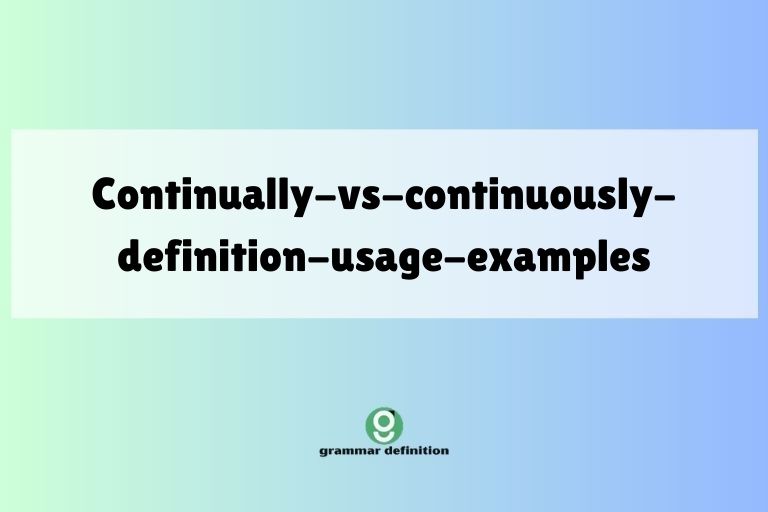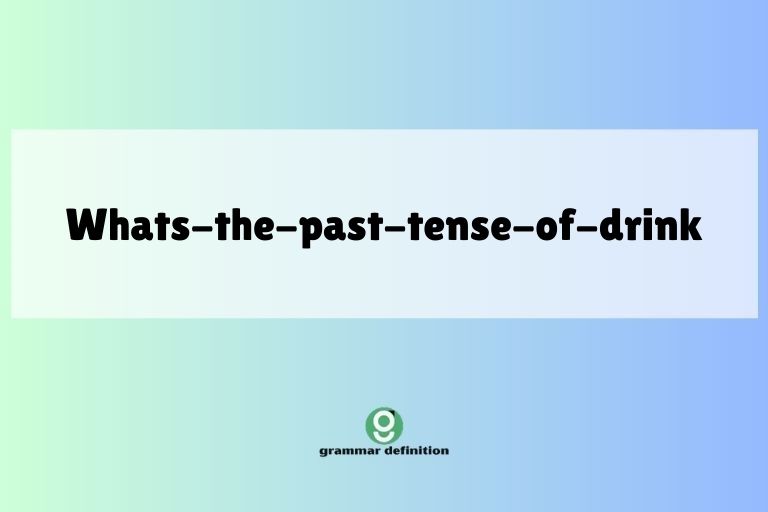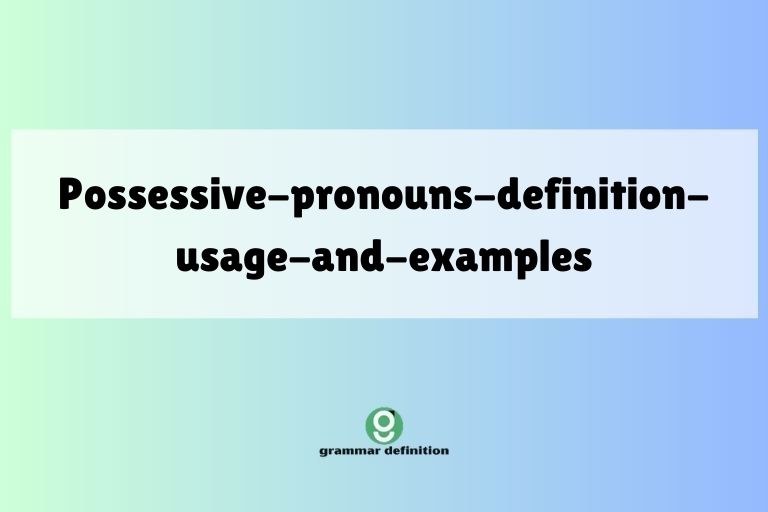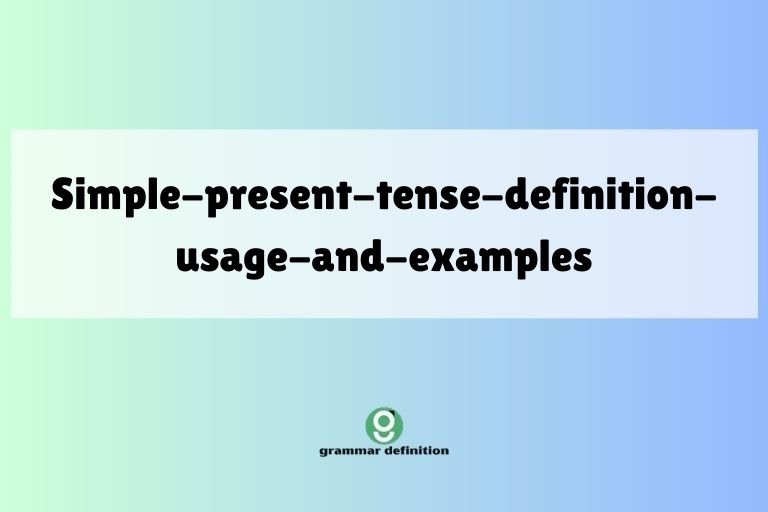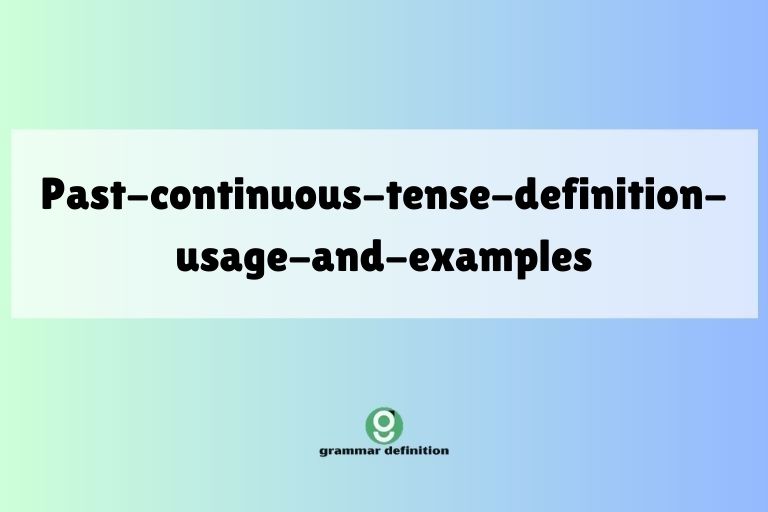Active vs. Passive Voice: Understanding and Mastering Grammatical Voice
Understanding the difference between active and passive voice is crucial for effective communication in English. Mastering these voices allows you to express your ideas with precision, clarity, and impact. Whether you are a student, a professional, or an English language learner, this guide will provide you with the knowledge and practice you need to confidently … Read more


